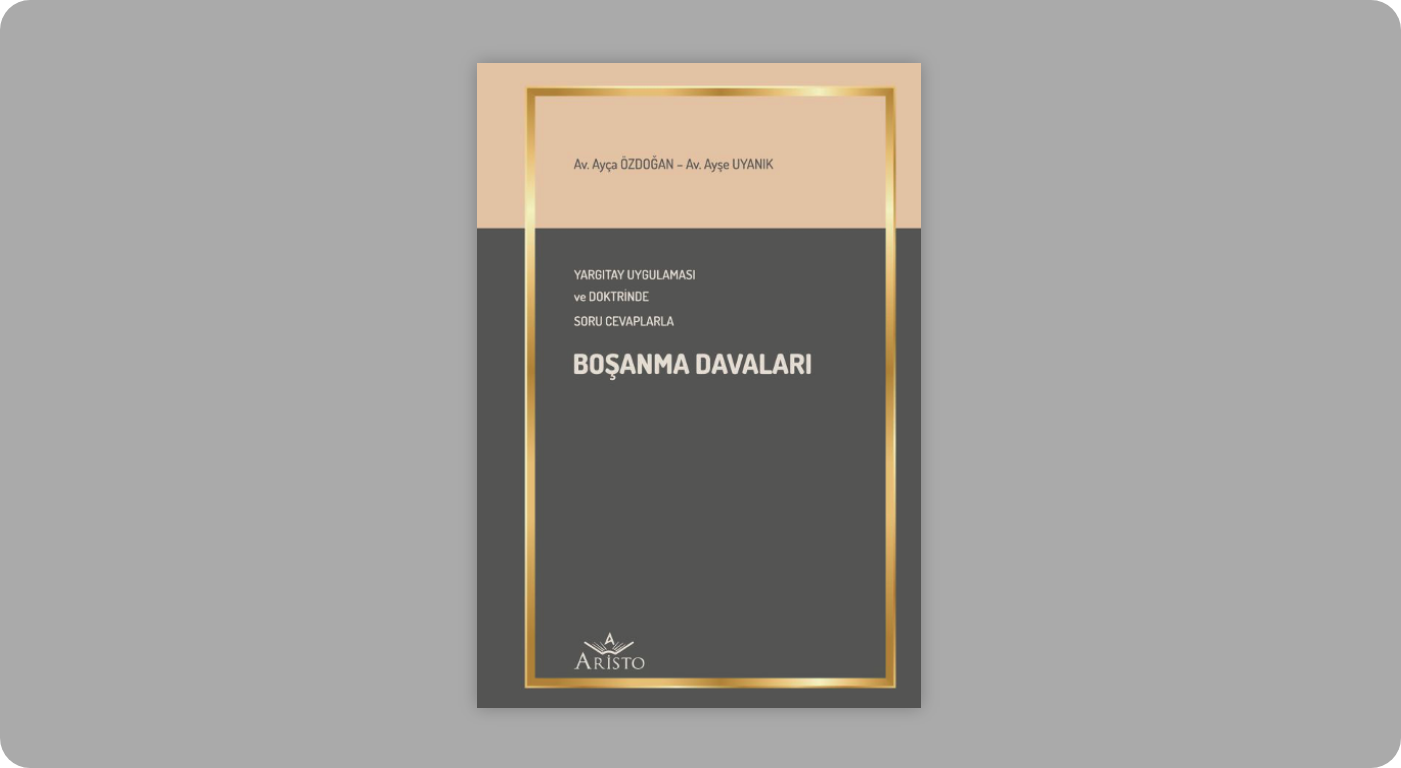
Data Privacy In Mergers & Acquisitions: Boundaries Of Lawful Disclosure And Compliance Thereafter
Failure to ensure proper data privacy compliance may subject both parties to regulatory scrutiny and significant reputational damage. Accordingly, compliance should be regarded not only as a post-acquisition formality but also as a critical element of pre-transaction planning and risk assessment as well.
In this context, it is essential to consider the following key factors in the pre-transaction and post-acquisition phases:
a) Legal Basis for Processing and Lawful Disclosure
First and foremost, it is generally accepted that personal data may only be processed if a valid legal basis (e.g., legal obligation, contractual obligation, legitimate interest, consent) exists under relevant laws (e.g., Articles 5 and 6 of the Personal Data Protection Law of Türkiye and Articles 5 and 6 of the General Data Protection Regulation).
Therefore, it is essential to ensure that a valid legal basis exists before disclosing personal data, considering the requirements of each applicable law and relevant case law.
b) Data Minimization, Proportionality, and Confidentiality
The principle of data minimization is another key point in the context of M&A. Under many data protection laws, target companies acting as data controllers must ensure that any personal data shared during the due diligence process is adequate, relevant, and limited to the intended purposes of the transaction, which is known as the data minimization principle.
Excessive disclosure of personal data can lead to non-compliance with privacy laws, attract regulatory attention, increase the likelihood of data breaches, and damage reputations. It may also violate the rights of individuals whose information - such as employees or customers - is involved. Using anonymized data and implementing strict data room and access control protocols serve as modest yet effective measures to mitigate the risk of over-disclosure in this context.
Accordingly, parties involved in M&A transactions must implement robust data governance measures to ensure that the scope of disclosed information remains proportionate, lawful, and justifiable in light of the transaction's objectives.
c) Cross-Border Data Transfer
Cross-border data transfers should also be considered as another key point in M&A transactions, particularly when international investors are involved or when cloud-based platforms and global data rooms are used to facilitate due diligence and disclosure. However, such transfers are subject to strict legal requirements under data protection laws.
Therefore, legal due diligence must include carefully assessing data transfer mechanisms to ensure compliance with international data protection standards.
d) Security Measures and Warranties
Parties must implement appropriate technical and organizational safeguards (e.g., warranties, indemnities, risk assessments, data processing agreements, and cyber-insurance policies) to protect the confidentiality and integrity of the disclosed data throughout the transaction and beyond completion.
e) Post Closing Processing
Following the completion of the transaction, changes in the data processing structure of the target company may typically be expected, especially where the buyer is global company with subsidiaries and affiliates. Therefore, the buyer should carry out a full compliance exercise by means of a thorough review of security and privacy practices, and adoption of new measures where necessary in post-acquisition.
In conclusion, since data is an increasingly business-critical asset, parties to M&A transactions must treat it as a core element of the transaction before and after the closing.

NEWS & ANNOUNCEMENTS
Data Privacy In Mergers & Acquisitions: Boundaries Of Lawful Disclosure And Compliance Thereafter
Data privacy compliance is business-critical for mergers and acquisitions (M&A), as the significant disclosure and transfer of personal data between the buyer and target company require strict adherence to privacy regulations and effective risk management.

NEWS & ANNOUNCEMENTS
Divorce Cases with Questions and Answers in Supreme Court Practice and Doctrine




